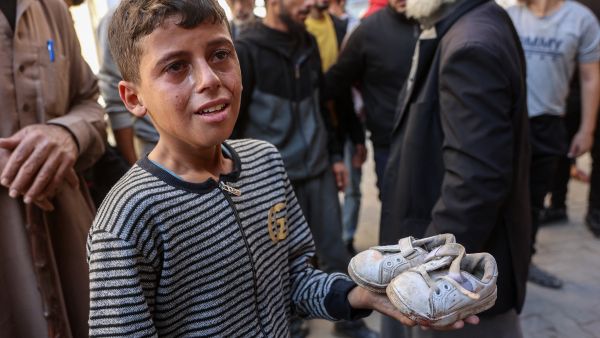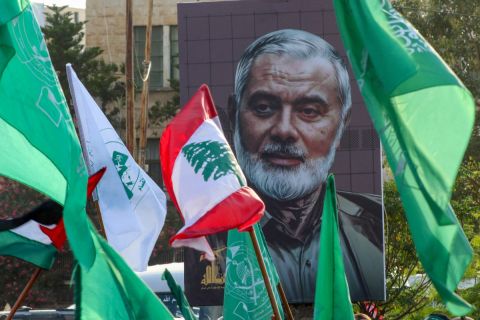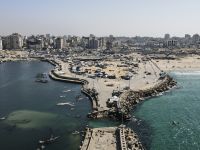ALBAWABA - December 29, 2024 Jumaa Al-Batran, a 20-day-old baby, died of a severe cold on Sunday, according to the Gaza Ministry of Health, which is run by Hamas. Five people have already died as a result of the continuing cold wave.
Ali, Jumaa's twin brother, is in serious condition in the intensive care unit, according to the ministry. Jumaa's death is the sixth baby mortality connected to the cold conditions, according to Dr. Marwan Al-Hams, director of Gaza's field hospitals.
As he brought his son's corpse to the cemetery, Yahya Al-Batran, the infant's father, spoke to reporters about his desperation. We are without food, water, warmth, and electricity. Nobody seems to care that my kids are dying in front of me. He said, "Jumaa is gone, and I fear Ali will follow." In addition, Yahya said that his family is taking refuge in a dilapidated tent in the central Gazan town of Deir Al-Balah.
A severe weather depression is expected to strike the area in the next several days, according to warnings from the Gaza government's media office. More than two million displaced people were living in temporary tents during the storm, which officials said posed a "serious threat." Many of these makeshift shelters, which were hurriedly erected in places like Khan Younis, Rafah, and Deir Al-Balah, are insufficiently protected from the rain and cold.
The 2.4 million people who live in Gaza have been living in a terrible humanitarian condition since the conflict between Israel and Hamas started 15 months ago, with limited access to clean water, power, food, and medical care.
The situation is made worse by Israel's ongoing bombardment on Gaza. Hospitals have been attacked by the Israeli military, which claims Hamas uses them. On Sunday, an artillery attack on the top floor of the Al-Wafaa Hospital in downtown Gaza killed seven Palestinians and injured a number more.
13 more Palestinians were killed earlier in the day in Israeli bombings throughout Gaza, according to local reports. Residents of Gaza must deal with extreme weather, relocation, and constant bombardment as the humanitarian situation worsens.










